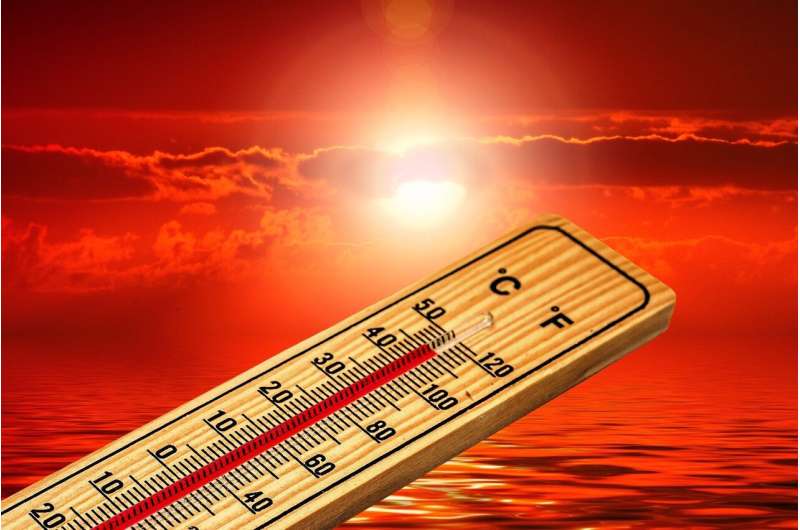Myth of Tongue Swallowing Prevention in CPR Causing Critical Delays During Athlete Resuscitation

New research exposes how the myth of 'tongue-swallowing' delays CPR in athletes, leading to increased risk of brain injury and death. Accurate public education is vital to improve emergency responses in cardiac arrest cases.
Recent research highlights a dangerous misconception during cardiopulmonary resuscitation (CPR) that can significantly delay life-saving efforts in athletes experiencing sudden cardiac arrest. Despite widespread public health campaigns, the false belief that 'tongue-swallowing' prevents airway obstruction persists in both media and layperson response, leading rescuers to waste valuable time attempting to manipulate the tongue rather than delivering immediate chest compressions.
A comprehensive analysis of 45 documented cases of athlete collapse over several decades reveals that in 84% of initial responses observed, responders engaged in unnecessary maneuvers aimed at 'preventing tongue-swallowing.' These actions were associated with poorer outcomes, including a 67% rate of death or severe brain injury among those subjected to these ineffective interventions, compared to a 0% adverse outcome when proper CPR was promptly initiated.
The study, published in the Canadian Journal of Cardiology, emphasizes that common signs such as cyanosis and agonal respirations are often mistaken for choking, prompting bystanders to focus on airway inspection instead of chest compressions. Additionally, media coverage was found to frequently promote the myth of tongue-swallowing, often praising lay responders' actions without explaining their inappropriateness.
Experts warn that this misinformation contributes to critical delays, especially since young males with shockable rhythms might display seizure-like behaviors, further complicating assessment. The delay caused by these misconceptions can result in severe brain injury or death, underscoring the importance of accurate public education about immediate response protocols.
The authors advocate for renewed, evidence-based public health messaging that focuses on rapid initiation of CPR and defies outdated myths. They call on healthcare professionals, media, and educational organizations to collaborate in updating training materials and public awareness campaigns to save more lives during sudden cardiac events in sports and other settings. Properly understanding and responding to cardiac arrest—without succumbing to harmful myths—can make the crucial difference in outcomes for athletes and the general public alike.
Stay Updated with Mia's Feed
Get the latest health & wellness insights delivered straight to your inbox.
Related Articles
Innovative CAR-T Cell Therapy Shows Promise for Autoimmune Hemophilia Treatment
A groundbreaking case at Hannover Medical School demonstrates the successful use of CAR-T cell therapy to treat acquired hemophilia A, offering new hope for autoimmune blood disorders resistant to conventional treatments.
Link Between Mitochondrial Nucleotide Balance and Age-Related Inflammation
New research links the imbalance of mitochondrial nucleotides to age-related inflammation, shedding light on mechanisms driving aging and disease progression. Discover how mitochondrial DNA integrity affects immune activation and potential therapeutic approaches.



